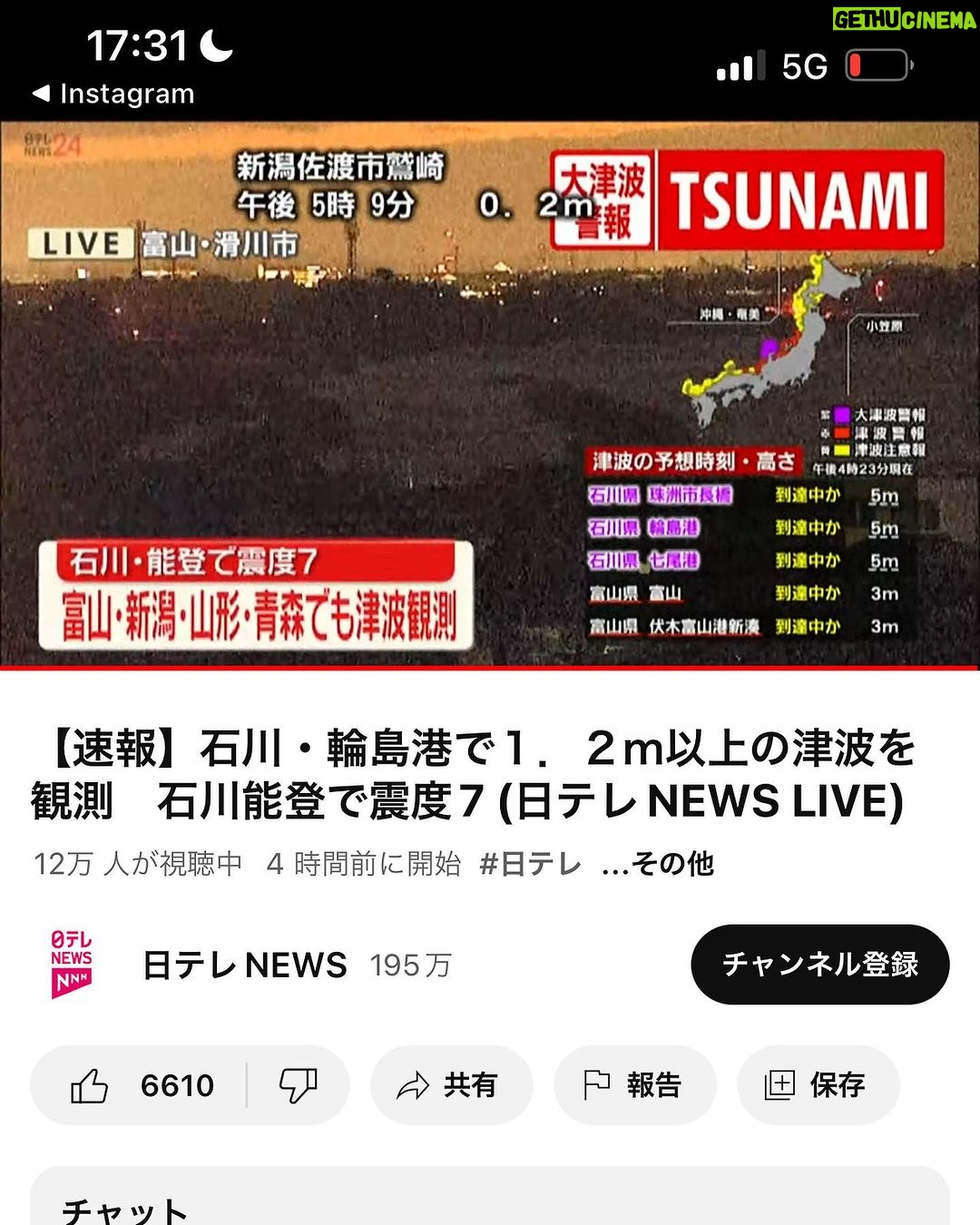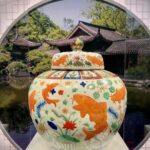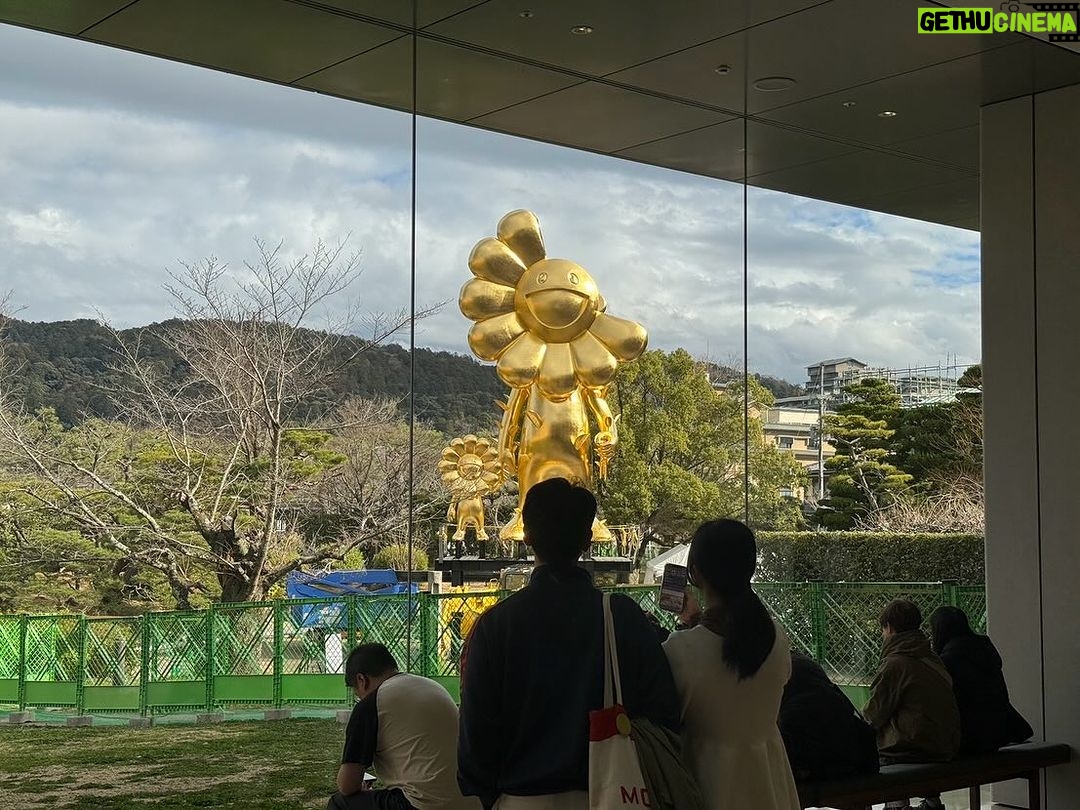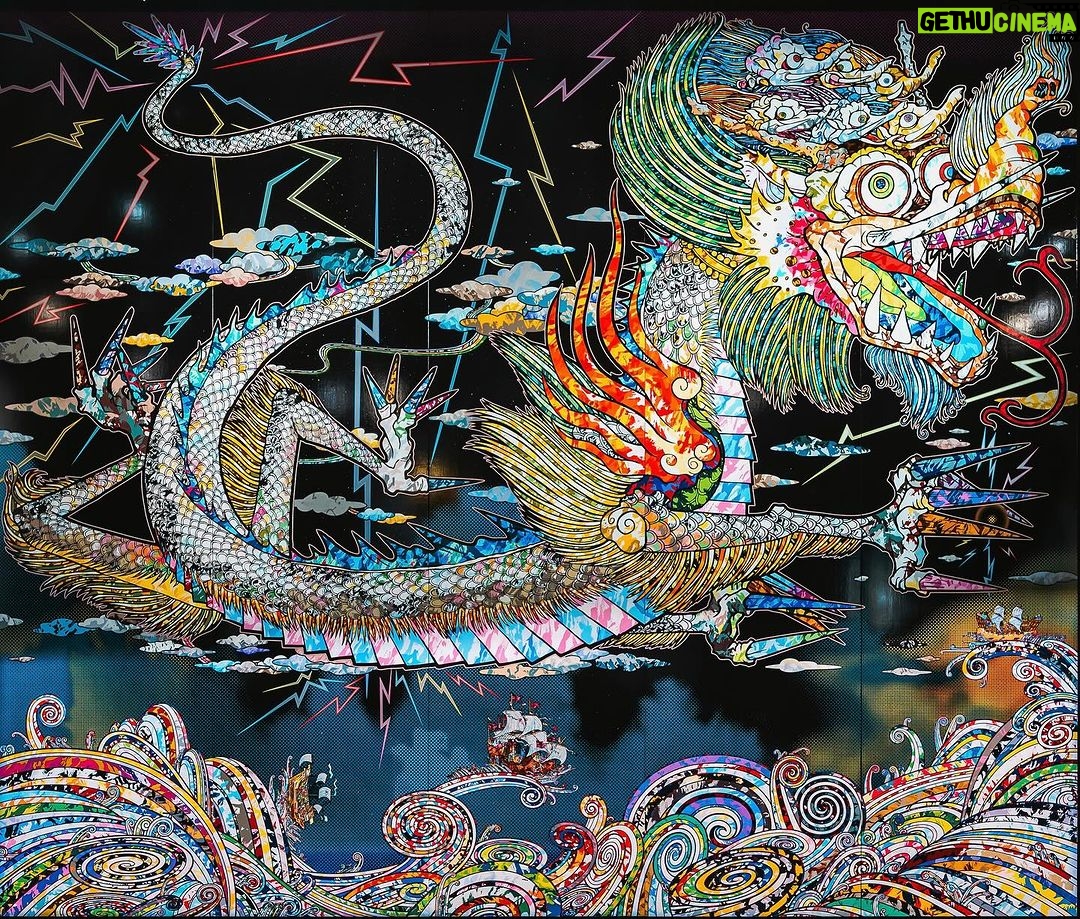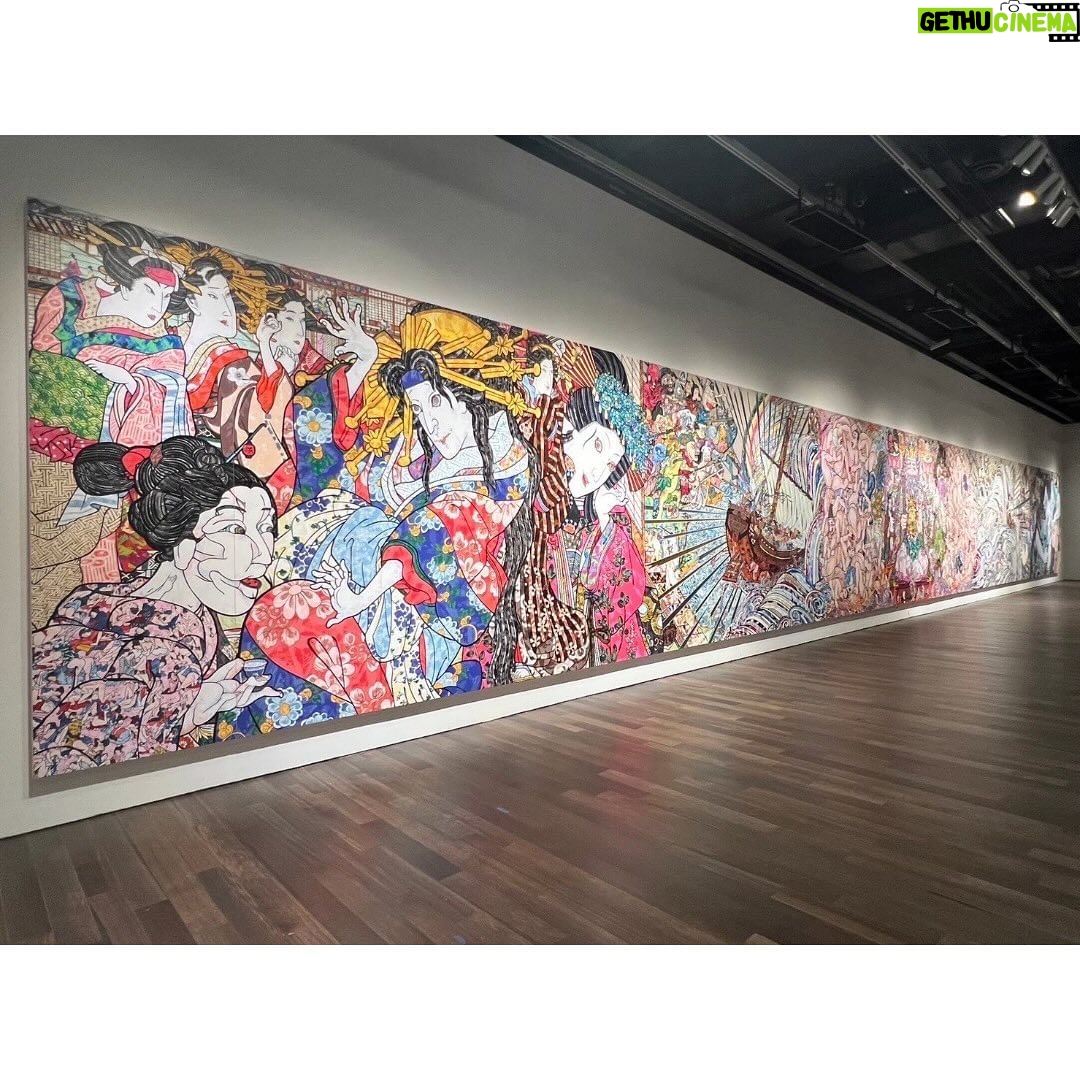Takashi Murakami Instagram – Yesterday evening, a major earthquake hit the Noto Peninsula (Ishikawa Prefecture) area.
I pray that normal life will be restored as quickly as possible for those affected by the Noto earthquake. 🙏
Japan constantly experiences earthquakes, really all the time.
Foreigners often say that Japanese people are meticulous and value cleanliness, and I think it actually has something to do with Japan’s wild natural phenomena.
I believe that this is an appropriate way of life that results from a sense of impermanence—a sense that our lives are as fleeting as the leaves on a tree and that we must live humbly—faced with the utter fickleness of nature in Japan, which both gives us beautiful and wonderful gifts and takes the lives of tens of thousands of people.
Our country is located on the oceanic plate subduction zone so it’s unavoidable, but the country is periodically hit by natural catastrophes such as great earthquakes and typhoons and, therefore, the nature has always been equated with fierce gods. This is why monotheism has not taken root in Japan.
The reason the raging gods of nature are not demonized in Japan is because when there are no such disasters occurring, they really bring abundant blessings.
The Kanto region, where Tokyo is located, is supposedly due for a major earthquake according to the cycle. In addition, famous Mt. Fuji is also approaching the point in the cycle where it will erupt.
After the previous Great Kanto Earthquake, Japan plunged into a world war. The devastation of people’s hearts and minds resulting from the natural disaster may have had something to do with the development.
Whatever the case may be, I wish for the safety of everyone in the Noto region.
The music here is Anpanman’s March, which I understand was often played after the Great East Japan Earthquake of 2011 to encourage children in the affected areas. | Posted on 02/Jan/2024 06:45:21

